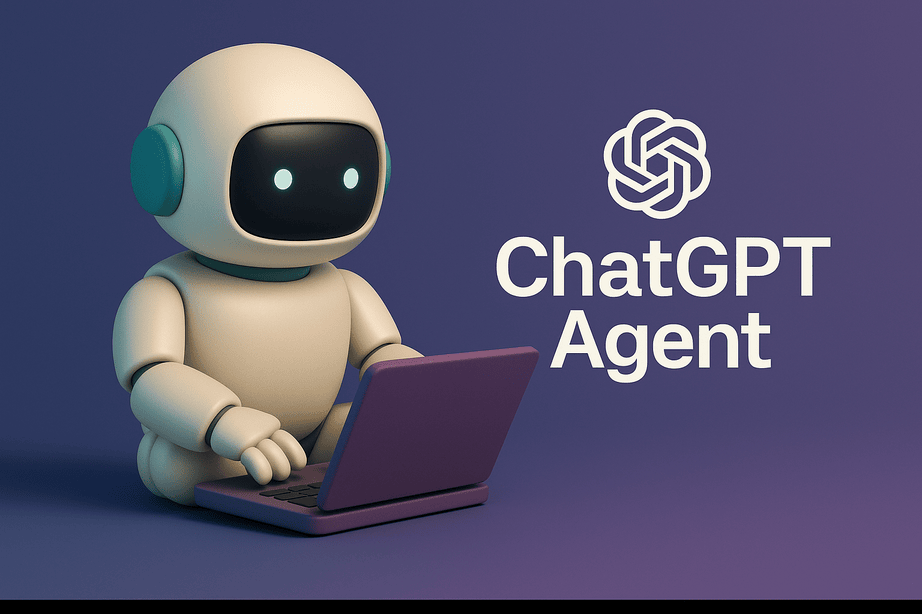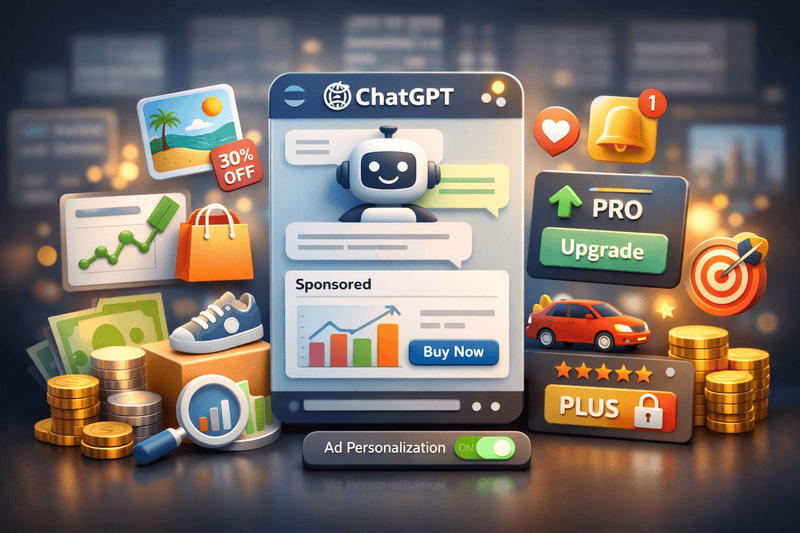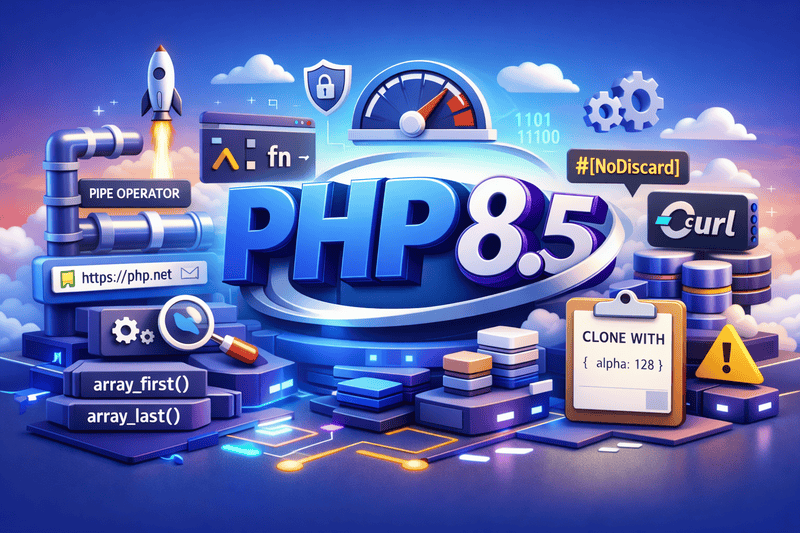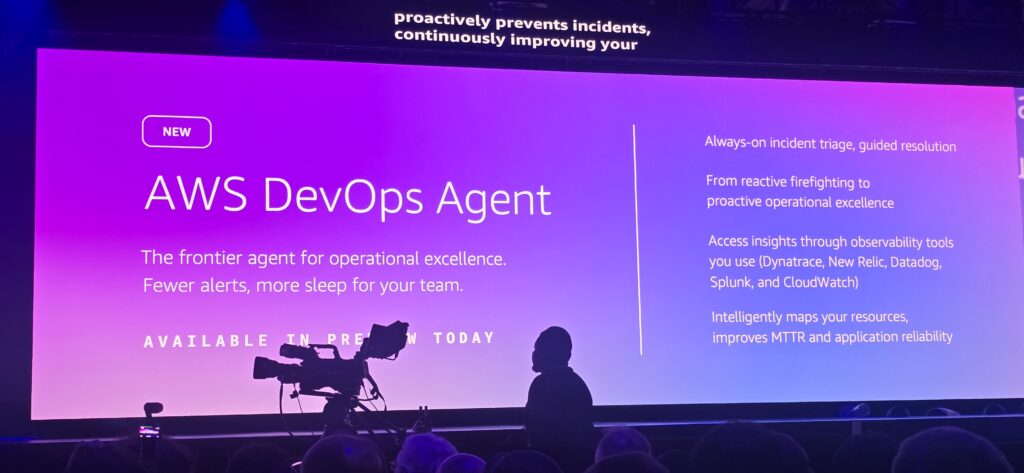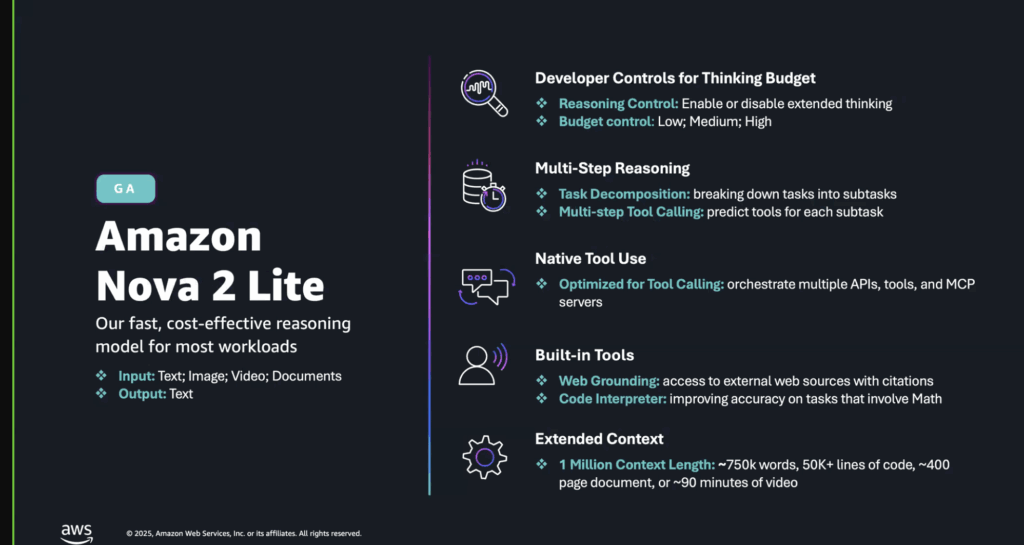Today marks a significant milestone in the evolution of AI: the launch of ChatGPT Agent—a groundbreaking product that pushes the boundaries of what AI can accomplish independently.
While we’ve seen AI models answer questions, write essays, and generate images, Agent takes things a step further. It’s not just smart—it can do. The agent introduces a new level of autonomy, where the system can reason deeply, utilize tools on your behalf, take actions across different apps and services, and then reassess and adjust its strategy, all using its computer. But first, what is an AI Agent
What is an AI Agent
An AI Agent is an autonomous system powered by artificial intelligence that can perceive its environment, reason through complex tasks, make decisions, and take actions—often using external tools or APIs—without needing constant human input. Unlike traditional AI models that respond to one prompt at a time, AI agents can plan, adapt, and execute multi-step workflows based on high-level goals, enabling them to complete tasks like booking travel, analyzing data, writing code, or managing schedules. They combine reasoning, memory, and tool-use to act more like a digital assistant capable of real-world impact.
What Makes ChatGPT Agent Different?
At its core, Agent blends the best elements of previous prototypes like Deep Research and Operator—but it’s far more capable than either. It doesn’t just answer questions or assist with single tasks. It can plan, analyze, and act iteratively.
During the launch, we saw a powerful example: Agent prepared everything needed for a friend’s wedding. It:
- Booked flights and accommodations
- Selected and purchased an outfit
- Choose a thoughtful gift
In another scenario, it processed a data set, derived insights, and created a ready-to-use presentation—essentially acting like an autonomous virtual analyst.
This is AI not just as a copilot, but as an executor.
The Power… and the Risk
With great capability comes great responsibility—and real concerns.
Agent is built with more safeguards and oversight mechanisms than any tool we’ve released before:
- Robust training
- System-level constraints
- User control layers
- Clear warnings and permissions
But even with all of this, it’s not foolproof. We can’t anticipate every edge case, every adversarial trick, or every way it might be misused. That’s why we’re deploying it iteratively—encouraging cautious exploration, not blind trust.
As one OpenAI team member put it:
“I’d describe this to my family as cutting-edge and experimental—a glimpse of the future, but not something I’d use for high-stakes decisions or with sensitive personal data just yet.”
How to Use ChatGPT Agent Safely
Security and privacy must be front and center. Agent is powerful, but that doesn’t mean it needs access to everything.
Here are some recommended best practices:
- Minimal permission principle: Give the Agent only the access it needs. For instance:
- ✅ Give access to your calendar to help schedule a group dinner.
- ❌ Don’t let it read all your emails just to “handle things” overnight.
- Avoid high-trust prompts: Instructions like “do whatever you need to do” can be risky if untrusted content (e.g., phishing emails) is in play.
- Treat it as experimental: This is not yet a system for banking, legal work, or personal health management.
Looking Ahead: Co-Evolution of AI and Society
We are at the very early stages of understanding what this kind of agentic AI can mean for the world. As people explore and use it, OpenAI will continue monitoring, improving, and evolving the safeguards.
What’s clear is this: the launch of ChatGPT Agent is more than a feature update—it’s the start of a new chapter in AI development, one where systems don’t just assist, they act.
Read the official announcement
Final Thoughts
ChatGPT Agent offers a glimpse into a future where AI can take on complex, real-world tasks autonomously. But with that power comes a shared responsibility: to use it wisely, test it thoughtfully, and keep humans in the loop as we explore what’s possible.

